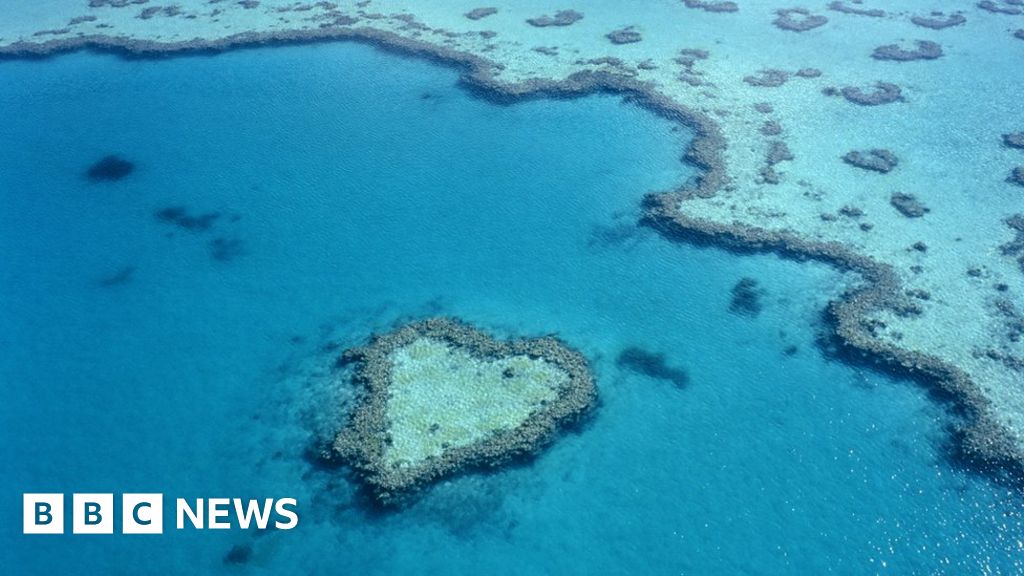Amity Island
Well-Known Member
- Relationship to Diabetes
- Type 1
Despite years of doom and gloom about global warming, the North and Mid great barrier reef sees record growth with the south hindered only by Starfish. Only recently we have heard statements such as "that the reef will be so degraded by warming seas that it will be gone within 20 years, and that this situation is now irreversible"


Great Barrier Reef sees record coral cover, but it is highly vulnerable
Parts of the reef see the most coral growth in 36 years - but it is highly vulnerable to threats.
www.bbc.com

